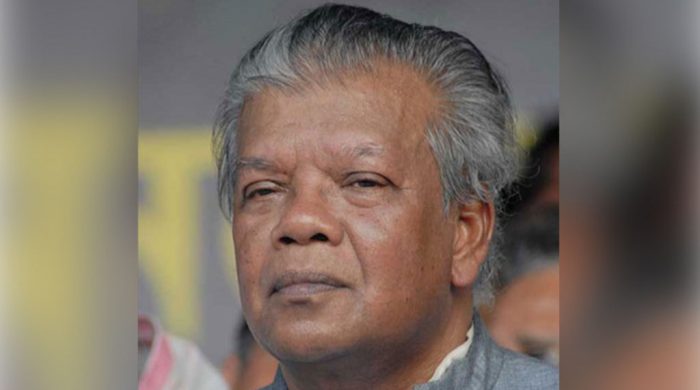Mismanaged medical waste is serious health hazard

- Update Time : Saturday, December 17, 2022
- 104 Time View

MISMANAGEMENT and irregularities in medical waste management, as reported in a Transparency International Bangladesh study, is a clear case of governance failure. The anti-corruption watchdog in its study on the state of medical waste management in Bangladesh said that around 60 per cent of hospitals do not have bins to store medical waste, while 83 per cent of the hospitals have no waste treatment system in place. The study has also found irregularities and corruption in every step of waste management, including collection, storage, transportation, and treatment. It said that a section of unscrupulous contractors, with the help of hospital staffers, sells used medical waste without properly sterilising them as new medical equipment. About 14 per cent of surveyed city corporations and municipalities have no landfill for medical waste disposal and overall 83 per cent of the city corporations and municipalities do not dispose of medical waste in incinerators. The reuse and transport of medical waste without following the standard procedure poses serious health risks for the patients, healthcare providers and others who may come in contact with the used equipment.
Public health experts, environmentalists and people living close to hospitals and clinics have often complained about the indiscriminate dumping of biomedical waste on roads, waste bins, drains, water bodies and open spaces in the capital and elsewhere in the country. Locals have alleged that many hospitals and clinics stealthily dump medical wastes into water bodies and open spaces ignoring mandatory requirements to disinfect the wastes before disposal. In this context, in 2020, the High Court issued a directive asking the forest and environment secretary to submit a report on steps taken to implement related rules and regulations. According to the Medical Waste Management and Processing Rules 2008, there should be divisional authorities in all divisions of the country as well as a separate dumping zone in each division. Medical waste should be kept separate from other kinds of waste at all stages of their management. Meanwhile, the director of the Directorate General of Health Services denies any violations of rules and refuses to take any responsibility by simply saying that there is no scope of reusing unsterilised medical equipment as it is easy to identify an already used item.
Improper disposal of medical waste may include damage to humans by sharp instruments, diseases transmitted to humans by infectious agents, and contamination of the environment by toxic and hazardous chemicals. The government must, under the circumstances, seriously consider the 13-point recommendation that include coordination, monitoring, and supervision of institutions related to medical waste management and a clear definition of harmful medical wastes in relevant environment acts. Equally important for the government to take steps to investigate the allegation of corruption that a syndicate of traders and hospitals is marketing medical waste without following related standard procedure for profit and bring perpetrators to justice.


























